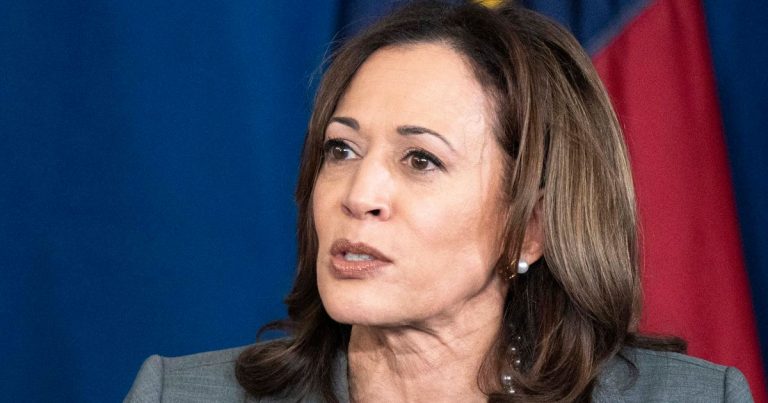Minority youth voters do not support Trump or Biden.
Welcome to the Boston Post News network, where we delve into the complex and troubling aftermath of the first presidential debate of the election season. For many of us, tuning in felt like watching a reality TV reunion show — a mix of foolishness and audacity, all for the sake of ratings.
The clash between Trump’s blatant lies and Biden’s struggles to effectively communicate his points (or shut Trump down) resulted in cringey moments that went viral, reminiscent of the chaos found in a Mona Scott production. Is this reality, or are we stuck in a bizarre parallel universe?
The debatable debate highlighted a two-party political system that no longer seems to serve the people. Both Biden and Trump, two older white men vying for the most powerful seat in the world, appear detached from the reality of everyday Americans. The political landscape we witness today simply does not reflect what we desire from American politics.
As a young Black voter, I resonate with the sentiment of moving away from a system that forces us to choose the “lesser of two evils.” The frustrations stem from navigating a space where our voices, particularly on critical issues like the conflict in Gaza, feel unheard under both a Trump and a potential Biden presidency.
The dissatisfaction isn’t limited to one demographic; young Black and Latinx voters form a significant voter bloc disillusioned with the major party candidates. Recent Pew research shows that nearly half of Black voters would opt to replace both Biden and Trump if given the chance, with many dissatisfied voters falling under the age of 40. The trend extends to young Latinx voters, a rapidly growing segment of the electorate, further underscoring the widespread disapproval of the current options.
At the core, both Trump and Biden have shed light on what we don’t want in our leaders. “I am honestly very dismayed. The last four years have made me realize that both parties, Democratic and Republican, are just two sides of the same coin,” shares Jessenia Duran, a 31-year-old Latina voter from Brooklyn. The mishandling of the pandemic, women’s rights, climate change urgency, and international conflicts echoes the sentiments shared by many disheartened voters.
Our discontent mirrors the extreme political polarization and deeply rooted white supremacist structures in our nation. To disrupt these systems, voting for individuals who genuinely advocate for our interests becomes imperative. However, the dilemma arises when faced with choosing between two candidates who fail to align with our beliefs, hindering the act of voting for many.
Expressions of disgust and disappointment echo among disillusioned voters like Ashley Bradshaw, a 30-year-old set designer from New York, who harp on the repeated ignorance towards marginalized communities by lawmakers. The erosion of trust in a system that overlooks their well-being is a common theme among voices yearning for genuine representation.
Hugo Gonzalez, a 24-year-old, finds himself disheartened by the administration’s treatment of migrants, highlighting the disconnect between the government’s actions and the needs of vulnerable communities. This alienation from the political process instills a sense of helplessness among individuals striving to create a better future.
For marginalized communities, the intertwining of identity and politics is a historical reality. The struggle for voting rights has been a long and arduous battle for Black, Latino, and Indigenous populations, each group facing systemic barriers that persist to this day.
Understanding this fraught history instills a sense of duty to honor the practice of voting, yet the lack of genuine concern for human life and equitable policies makes the act seem futile. The warnings of division and internal strife issued by George Washington resonate deeply in the current political climate, underscoring the urgent need for unity amidst differing opinions.
In 2024, as we grapple with unprecedented divisions, the call for coexistence and mutual respect rings louder than ever. Our leaders must embody these values, or it falls upon us, the citizens, to uphold them. The path to a more inclusive and empathetic political landscape begins with acknowledging the disillusionment and striving towards a future where every voice is heard and valued.
Join us at the Boston Post News network as we navigate these challenges, seeking to shed light on the voices often marginalized in mainstream political discourse. Together, let’s envision a future where elections aren’t marked by choosing the lesser of two evils, but by selecting leaders who truly represent the diverse tapestry of our nation.








